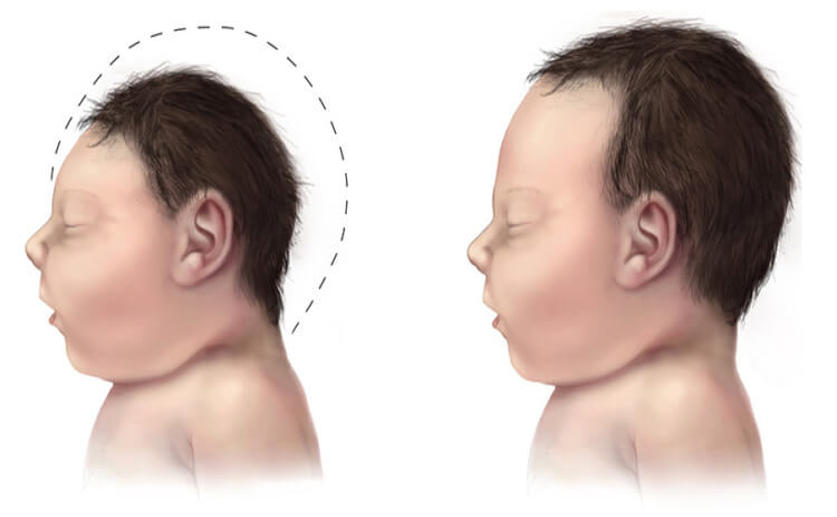
This archived news article is over 5 years old.
New Macaque Study Provides Insights into How the Zika Virus Affects Fetal Brain Development
Joanna Lawrence
12th September, 2016


Joanna Lawrence
12th September, 2016
